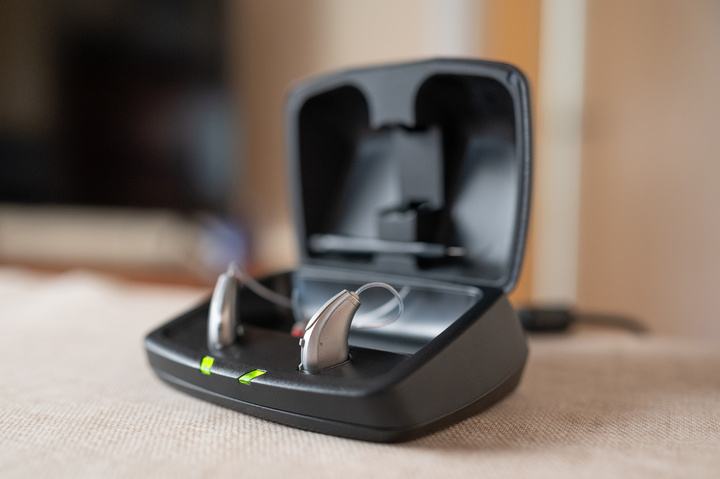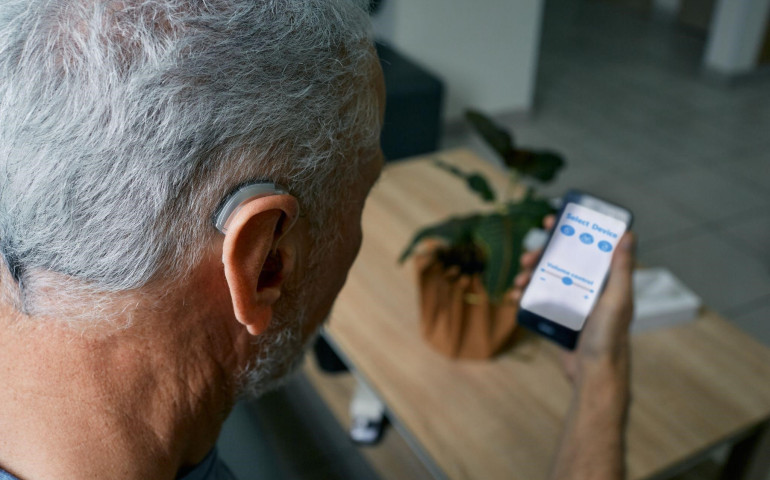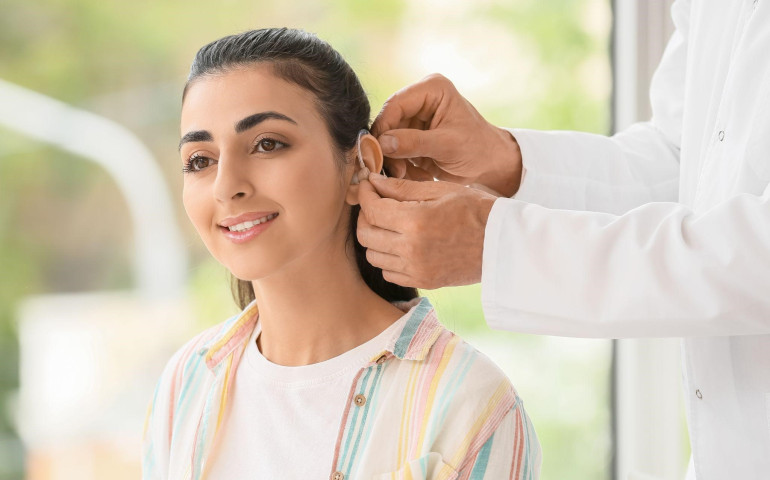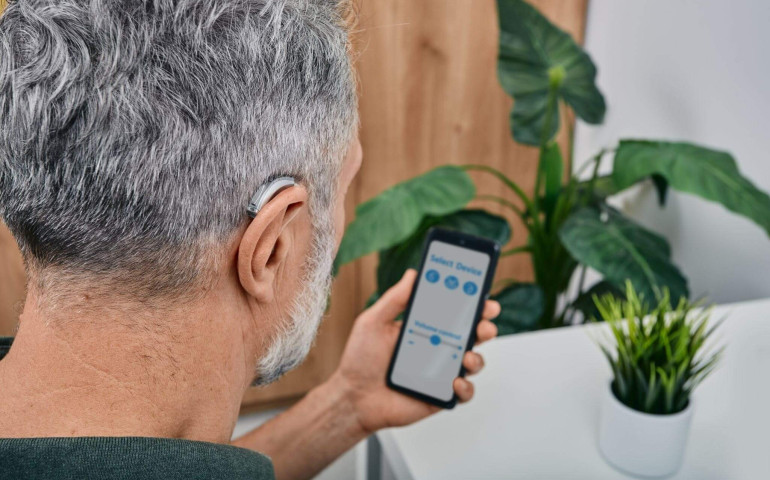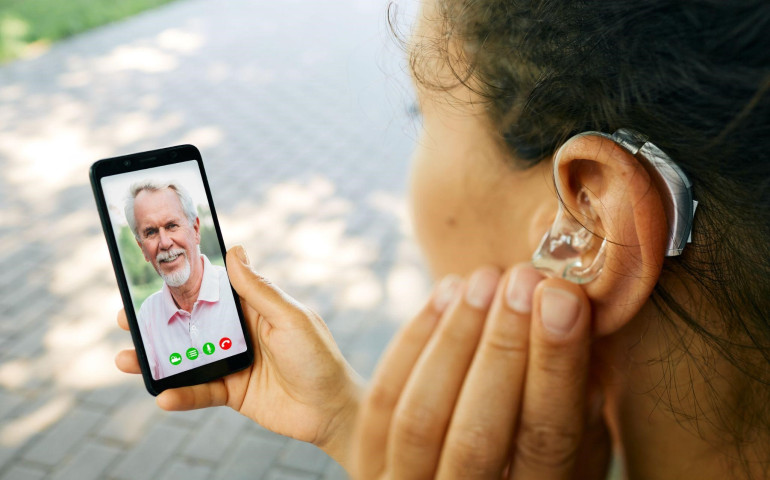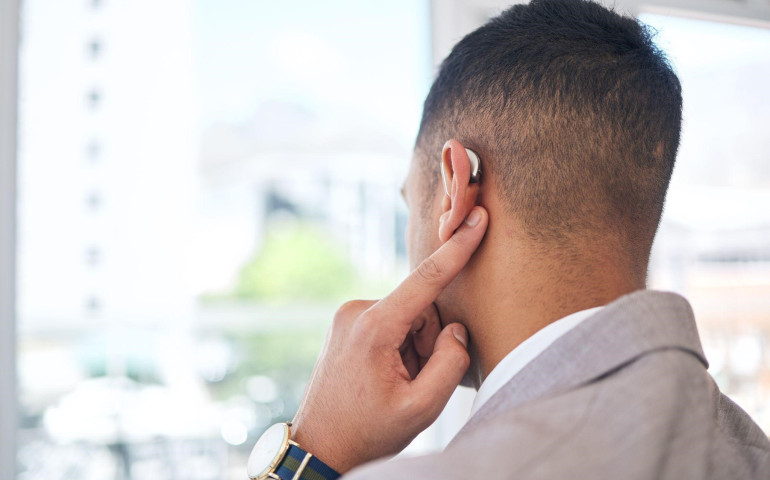Daily Tips to Preserve Hearing Aid Battery Life
If you rely on hearing aids to help you listen and understand the world, running out of battery is a worst-case scenario for your devices. Whether you use disposable or rechargeable batteries, it’s essential to ensure your hearing aids last throughout the day.
Simple daily habits can help extend the life of your hearing aid batteries and keep your devices running reliably.
How Long Do Hearing Aid Batteries Last?
The amount of battery life your hearing aids will have depends on what kind of battery they use. Disposable batteries can last several days, depending on how often you use them. Hearing aids with rechargeable batteries are meant to last all day on a single charge.
Good battery performance matters because weak or drained batteries can cause distorted sound, excess feedback, or even your devices randomly turning off.
How To Make Hearing Aid Batteries Last Longer
Making small adjustments to how you use your hearing aids can help extend their battery life. Some habits you can implement are:
- Turning off your devices when you're not using them preserves battery power and prevents unnecessary power use.
- Opening the battery doors overnight helps reduce moisture buildup and saves energy.
- The higher the volume, the more power your hearing aids use, so lowering the volume on your devices helps them last longer.
- Heat and cold can reduce battery efficiency, so protecting your devices from extreme temperatures keeps them in good condition.
- Storing spare batteries properly and keeping them in a cool, dry place helps them retain their charge.
Maintenance Tips for Battery Health and Longevity
Proper maintenance is another way to protect battery performance.
- Wipe your hearing aids daily to remove dust, earwax, or debris that could force the device to use more power.
- Check the battery compartment regularly for signs of corrosion or buildup.
- Don’t leave dead batteries inside your devices, as they can leak and damage the contacts.
- Replacing batteries on schedule helps prevent these issues and ensures your hearing aids stay in top shape.
Best Practices for Rechargeable Batteries
It may be a habit to put your hearing aids on the charger whenever you’re not using them. However, leaving them constantly plugged in runs the risk of degrading your battery and damaging the components of both your hearing aid and the charger itself.
Using the original charger or case that came with your hearing aids ensures they receive an appropriate amount of power during charging. This helps protect battery health and performance.
Troubleshooting Common Battery Issues
If you’re noticing problems with your hearing aids, such as not holding a charge or draining faster than they should, your batteries may be the issue. One of the first things you can do is to check if the charging contacts are clean and undamaged. Additionally, double-check that the charging case is closed securely to ensure it’s charging correctly.
Lifestyle Tips for Better Battery Life
If you don’t want to be faced with the possibility of a dead hearing aid while you’re going about your day, it’s essential to be prepared. Get the most out of your hearing aids daily by saving battery power with these tips:
- Bring extra batteries
- Have your charger on hand
- Lower the volume on your devices
- Take short breaks
- Limit streaming time
Having Battery Issues? Beltone Skoric Can Help.
Maximizing the life of your hearing aid batteries requires simple adjustments to how you use your hearing aids and implementing best practices for charging any electronic device. Making these small changes will allow you to continue interacting with your surroundings without worrying about your hearing aids running out of battery.
If you’ve noticed that your batteries aren’t lasting as long as they should, it might be time to replace the batteries or the device. Our hearing aid care program provides battery replacements, repairs, and adjustments to ensure your devices are always well-powered and in optimal working condition.

